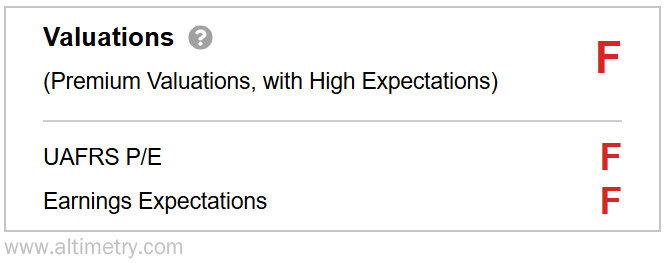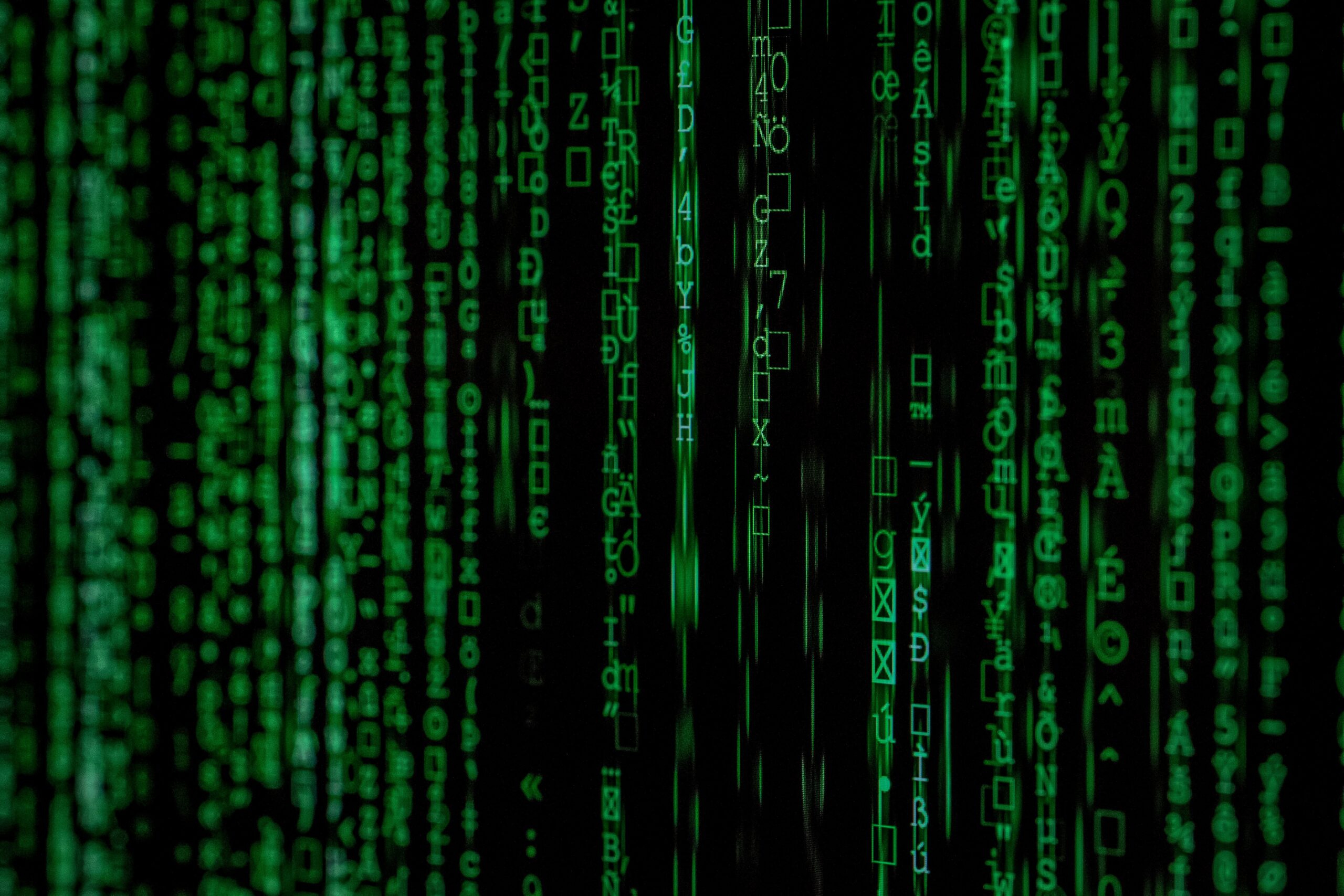 In the era of AI, it's all about the vibes...
In the era of AI, it's all about the vibes...
A new wave of amateur developers is using AI to build apps faster, without the extensive training required for software engineering.
That's thanks to something called "vibe coding." The term was coined by computer scientist Andrej Karpathy... who describes it as "fully giving in to the vibes, embracing exponentials, and forgetting that the code even exists."
Vibe coding might seem like another way for AI to ease workload and speed up innovation. But beneath the surface, it's raising plenty of red flags...
This low-code method turns casual users into coders. It's making the app-development process quicker. But folks often skip security safeguards in the process. That makes it much easier for attackers to infiltrate.
Take "Tea," a buzzy social platform created using vibe coding. The platform was recently breached, exposing users' images, IDs, and private messages.
And even more-traditional setups aren't safe. Last month, hackers infiltrated Amazon's (AMZN) AI-powered coding assistant by sneaking malicious code into a GitHub update.
The plug-in looked like a routine feature upgrade... but it gave the attackers access to users' machines, letting them wipe out local files without warning.
These two breaches are just a sliver of the AI-induced-cyberattack pie. Companies are rushing for solutions. And investors are rushing to those companies.
But as we'll explain, it's dangerous to get caught up in the cyber-stock frenzy...
 Billions of dollars are pouring into AI software – and opening a backdoor to cybercrime...
Billions of dollars are pouring into AI software – and opening a backdoor to cybercrime...
Generative coding has become the backbone of the AI boom. Startups like Replit (a web-based development environment) and Lovable (an AI-based app and website development tool) lean heavily on AI-driven development. They've quickly reached multibillion-dollar valuations.
Design-collaboration platform Figma (FIG) just went public at the end of July. Figma now includes its own code-generating AI assistant.
All these new businesses are part of a broader trend that's transforming the way software is built. More than two-thirds of organizations now use AI in their development pipelines.
Of the developers using AI in their workflows, nearly half have codebases that are at least 50% AI-generated. Roughly one-third are deploying the software without proper testing and review.
That's a recipe for disaster... and hackers know it.
Each new AI tool expands the potential attack surface. Even small applications can create massive vulnerabilities when they're deployed at scale.
Today, a cyberattack occurs every 39 seconds. In 2015, global cybercrime costs were $3 trillion. Costs are expected to rise to $10.5 trillion by 2025... and as much as $24 trillion by 2027.
As a result, the cybersecurity market is expected to soar from $243 billion today to $435 billion by 2029.
All this means cybersecurity is more important today than ever before.
 But it doesn't mean you should jump in blind...
But it doesn't mean you should jump in blind...
Cyber stocks are just too expensive these days. There are some hidden gems, of course. But the overall industry is way overpriced.
The iShares Cybersecurity and Tech Fund (IHAK) trades at a Uniform price-to-earnings (P/E) ratio of 86 times – more than quadruple the 20 times market average.
Our ETF Analyzer tool gives it "F" grades across the board for Earnings Expectations, P/E, and Valuations...

There's a ton of growth in the market. That's what the market is pricing in today.
Here's the issue... Those astronomical valuations come with equally high risks.
 Cybersecurity is built on trust...
Cybersecurity is built on trust...
Businesses trust cyber firms to protect their data. Investors trust cyber firms to keep growing.
But one unexpected incident can break that trust fast. And when you're already paying a premium, there's a lot of room for shares to fall.
Tomorrow, we'll talk more about the cybersecurity environment (and highlight where you shouldn't put your money within this industry).
For now, proceed with caution. The combination of trust and sky-high valuations makes most cyber stocks a high-risk venture.
Regards,
Joel Litman
August 19, 2025



 In the era of AI, it's all about the vibes...
In the era of AI, it's all about the vibes... 


